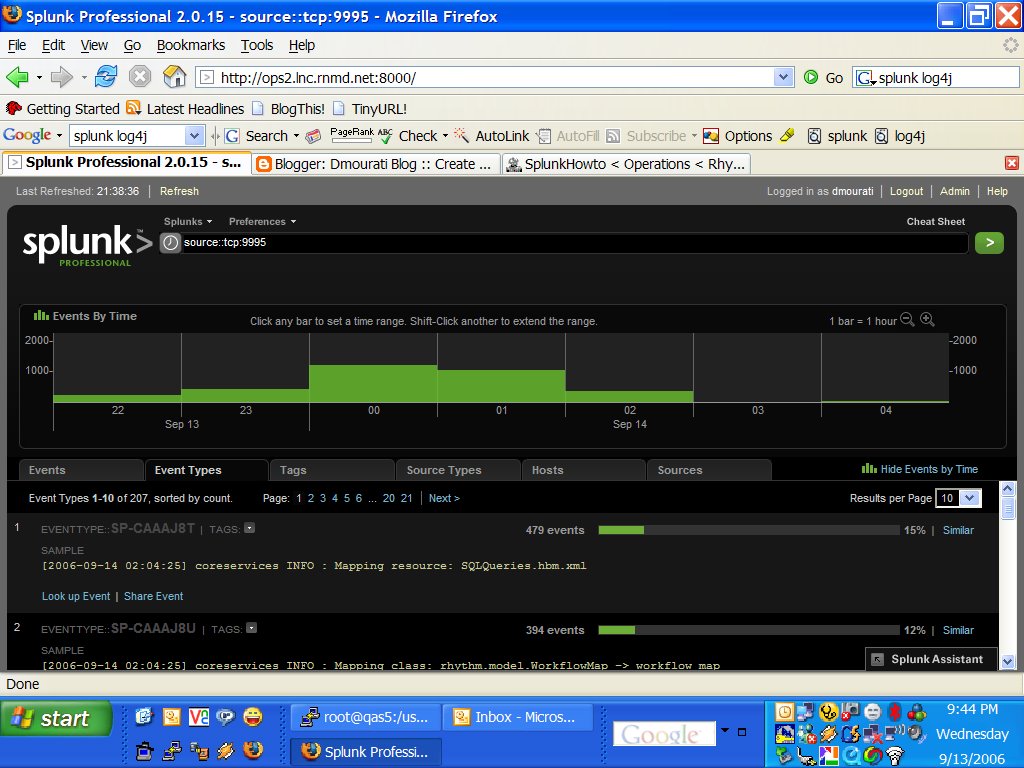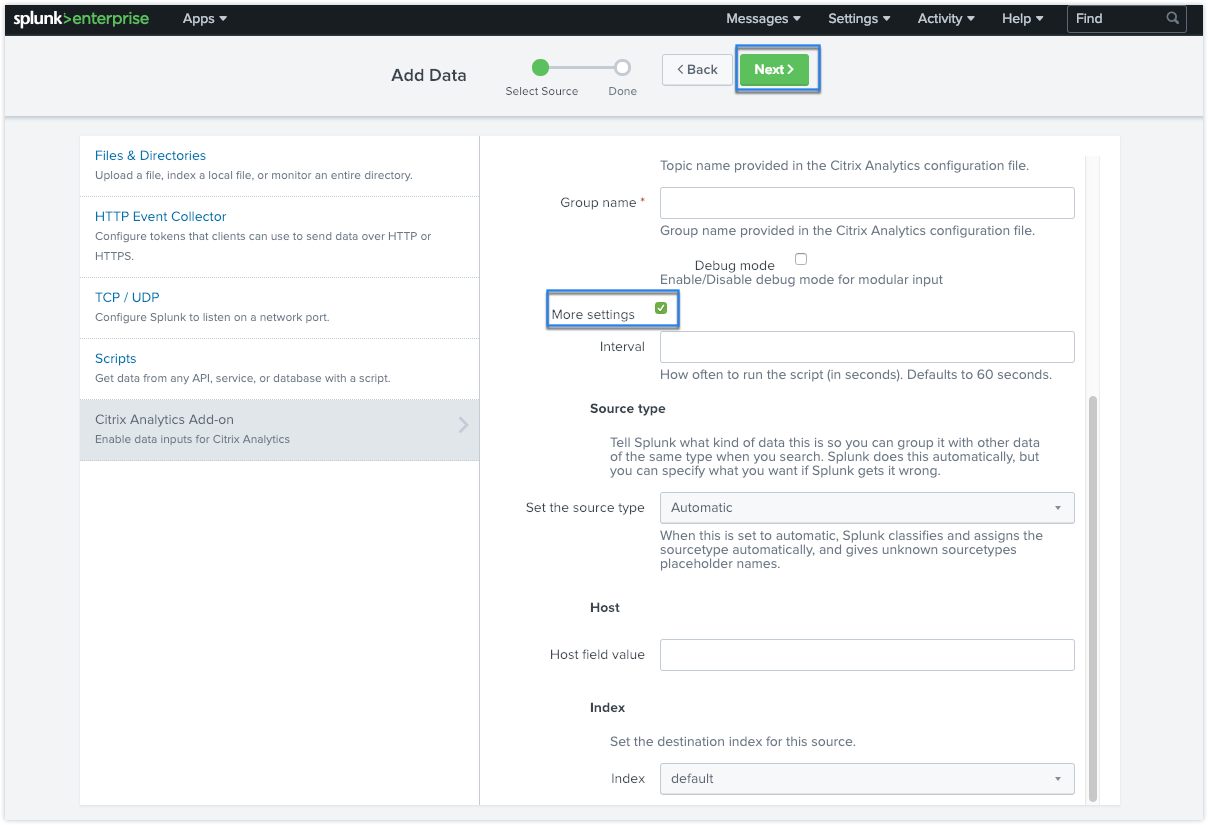
These logs are still being indexed 7 hours into the future. I've even set this in the /opt/splunk/etc/system/local/nf on the HF. This is done and I've restarted the entire Splunk farm. Then restart Splunk on the heavy forwarder.

It is my understanding that I am supposed to create/edit the nf on the heavy forwarder (/opt/splunk/etc/apps/iis/local/nf) and specify the TZ these logs files are set to: So if I'm searching for something that happened 30 minutes ago in real time, "Last 60 Minutes" will contain that log. When searching these logs in Splunk, I would like the canned times (Last 4 Hours, Last 60 Minutes, etc.) to reflect the PST-equivalent times they occurred. We are using a heavy forwarder to index IIS logs that are in UTC. The Operating Systems for all our Splunk servers are configured for PST and are running Splunk 8.1.3. I'm either doing something wrong or my expectations are off. I've tried a lot of things based on these articles, but the _time value doesn't appear to change at all. I have read several of them on this site as well as Splunk's own timezone article. $ tar -xvzf splunkforwarder-6.5.1-f74036626f0c-Linux-x86_64.tgzģ.2.2: – Add the logs in Splunk Forwarder $ vim /opt/splunkforwarder/etc/system/local/inputs.I apologize since similar questions have been asked numerous times in the past.
#Splunk log files download
Open browser and type to access Splunk web console.ģ.2.1: Download and install Splunk Forwarder $ cd /opt Port 9997 is default and it can be changed $ /opt/splunk/bin/splunk enable listen 9997 $ tar -xvzf splunk-6.5.1-f74036626f0c-Linux-x86_64.tgzģ.1.2: Enable the receiving port to get logs from Splunk Forwarder. Splunk Forwarder is used to collect the machine generated data from client side and forward to Splunk server.ģ.1.1: Download and install Splunk $ cd /opt
#Splunk log files how to
It also offers additional capabilities to support higer data volumes including alerting, role-based security, single sign-on, scheduled PDF delivery, clustering, premium Splunk apps, etc.ģ) How to setup Splunk for your infrastructure? Enterprises Version: The Splunk Enterprise and Splunk Cloud licenses supports multi-user, distributed deployments.
#Splunk log files license
#Splunk log files Pc

Splunk is centralized logs analysis tool for machine generated data, unstructured/structured and complex multi-line data which provides the following features such as Easy Search/Navigate, Real-Time Visibility, Historical Analytics, Reports, Alerts, Dashboards and Visualization.ġ) Advantages of Splunk and why to use it ? Some of the great features of a centralized logging system are its low-cost maintenance, easy logs searching, graphical UI etc.

Having a centralized logging system makes life easy for developers especially when there is a need to troubleshoot the application, detect issues, secure the application due to unexpected hits on services or review the performance of the application, etc. Logs are used for various purposes such as IT operations, system and application monitoring, business analytics, security and compliance and much more. Everyone knows that logs play an important role in the IT industry.


 0 kommentar(er)
0 kommentar(er)
